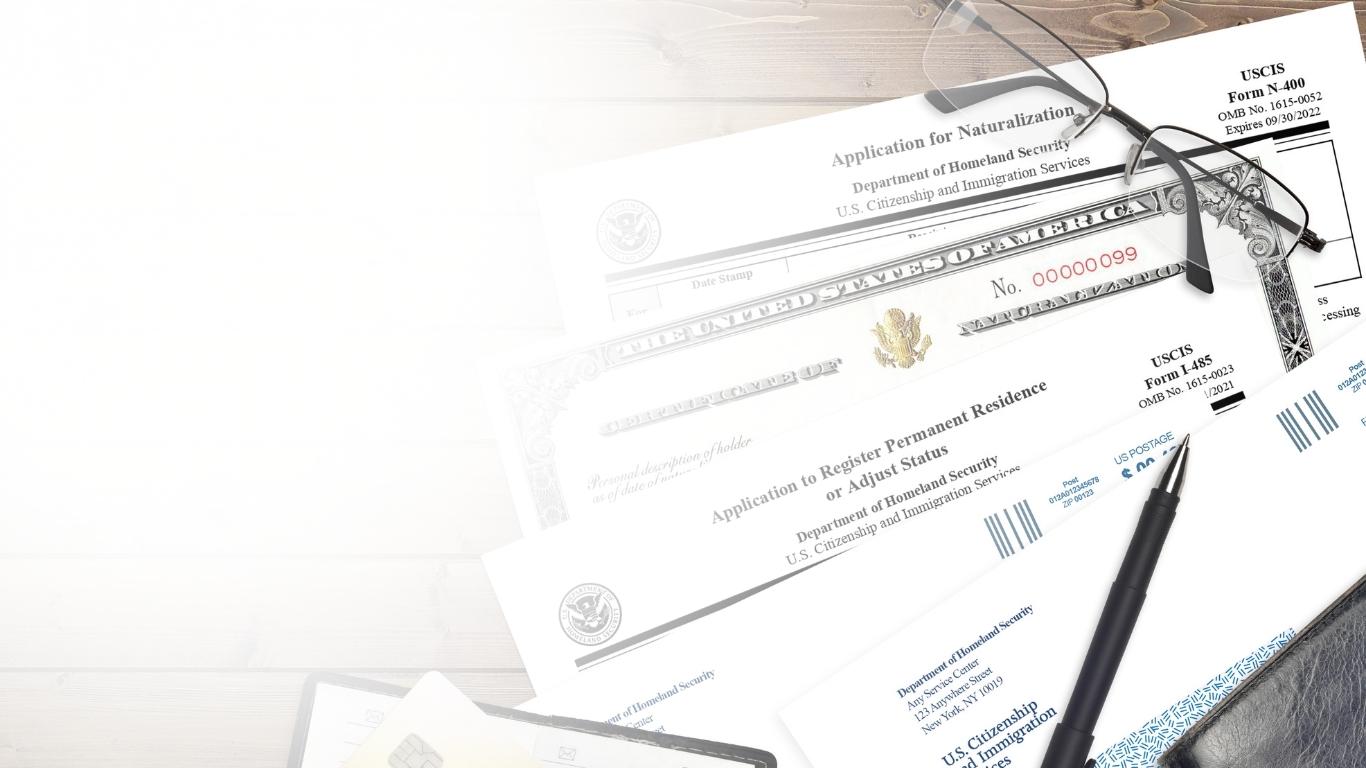Three Common Pitfalls in Submitting Certificate of Residence (CoR)
In August 2025, the Governor of Bank Indonesia (BI) noted that Japan and China rank among Indonesia’s largest trading partners that settle transactions in currencies other than the US dollar (USD). In fact, the use of local currencies between Indonesia and Japan alone reached USD 5.1 billion in 2024 (Kontan, 2025).
Further, BI and Japan’s Ministry of Finance recently agreed to expand the use of yen and rupiah in bilateral transactions (Tempo, 2025). Naturally, greater use of local currencies in cross-border transactions with Japan and China is expected to spur trade and investment.
As trade and investment flows increase, so too does the demand for Certificates of Residence (CoR) and DGT Forms. These documents allow taxpayers to benefit from reduced tax rates under tax treaties.
However, not all CoRs and DGT Forms are automatically accepted. Each country applies different rules for issuing CoRs and validating DGT Forms. This means documents from treaty partners, particularly Japan and China, must meet specific conditions before being recognized.
When submitting a DGT Form or CoR, taxpayers must first ensure that all required fields are completed. Incomplete or incorrect information often leads to rejection by the tax authority. Consequently, the taxpayer cannot claim treaty benefits and may even face penalties under applicable provisions.
The requirements for completing DGT Forms are set out in the Directorate General of Taxes Regulation Number PER-25/PJ/2018 concerning the Implementation of Double Taxation Avoidance Agreements. The regulation requires that the DGT Form be completed accurately, thoroughly, legibly, and signed by an authorized official. The form’s format is as follows:
The second point to consider when submitting a DGT Form or CoR is the language used. Under PER-25/PJ/2018, a CoR may serve as a substitute for Part II of the DGT Form. However, the CoR must be written in English and must at least include the foreign taxpayer’s name, the date of issuance, the year of validity, and the name of the authorized signatory.
Since Japan and China do not use English as their primary language, taxpayers from these countries must ensure that their CoRs are issued in English. If an English version is not provided, the Indonesian tax authority may reject the CoR. Below is an example of a CoR from China that was accepted because both the original version and the English translation are included.
Another common issue arises when local tax authorities prefer to issue a CoR instead of signing a DGT Form. In such cases, the names, addresses, and tax identification numbers listed on both documents must match exactly. Any discrepancy may cause the Indonesian tax authority to reject the submission.
These are the three points taxpayers should keep in mind when submitting DGT Forms and CoRs to claim treaty benefits. For further guidance, Ideatax is ready to assist.
References
- KontanIndonesia dan Jepang Perkuat Transaksi Mata Uang Lokal, Nilainya Capai US$ 5,1 Miliar
- TempoGubernur BI: Transaksi Mata Uang Lokal Indonesia-Jepang Capai US$ 5,1 Miliar


